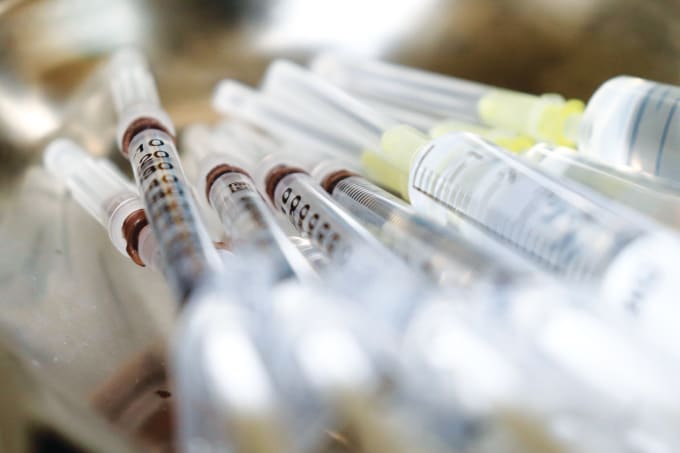Eisai and Biogen’s experimental BAN2401 drug – a humanized mAb designed as an anti beta-amyloid therapy) hit targets in a Phase II trial involving patients with early Alzheimer’s disease, slowing clinical decline and reducing amyloid beta accumulated in the brain measured using amyloid positron emission tomography (1). The drug was tested at various doses, with all showing a reduction in amyloid plaques, but a slowing of cognitive decline was only seen with the highest dose (10 mg/kg biweekly) – patients on this dose declined 30 percent slower compared with placebo.
It has been a long time since any positive results came out of an Alzheimer’s disease clinical trial – and back in 2017 BAN2401 wasn’t looking promising. In December 2017, Eisai and Biogen companies announced that BAN2401 did not meet its end goal after 12 months of treatment. The new results are on the back of treatment for 18 months. However, looking at the trial data in detail reveal some questions (2). The rate of decline was measured using a new approach designed by Eisai (with the aim of better capturing changes in the early stages of Alzheimer’s), and the drug only outperformed placebo at the highest dose. Of the patients receiving the highest dose, only 30 percent had the APOE4 gene (which significantly increases the risk of Alzheimer’s disease), compared with 74 percent in the placebo group. Although there are questions, the trial was certainly not a failure. The companies will now be investigating further clinical trials and the potential for gaining expedited review, and the medical community seem positive.
References
- Eisai, “Eisai and Biogen Announce Positive Topline Results of the Final Analysis for Ban2401 At 18 Months” (2018). Available at https://bit.ly/2wdZfK3. Last accessed August 14, 2018. Bloomberg, “Biogen’s Alzheimer’s Drug Data Encouraging, Not ‘Shock and Awe’” (2018). Available at https://bloom.bg/2mLNlTb. Last accessed August 14, 2018.




